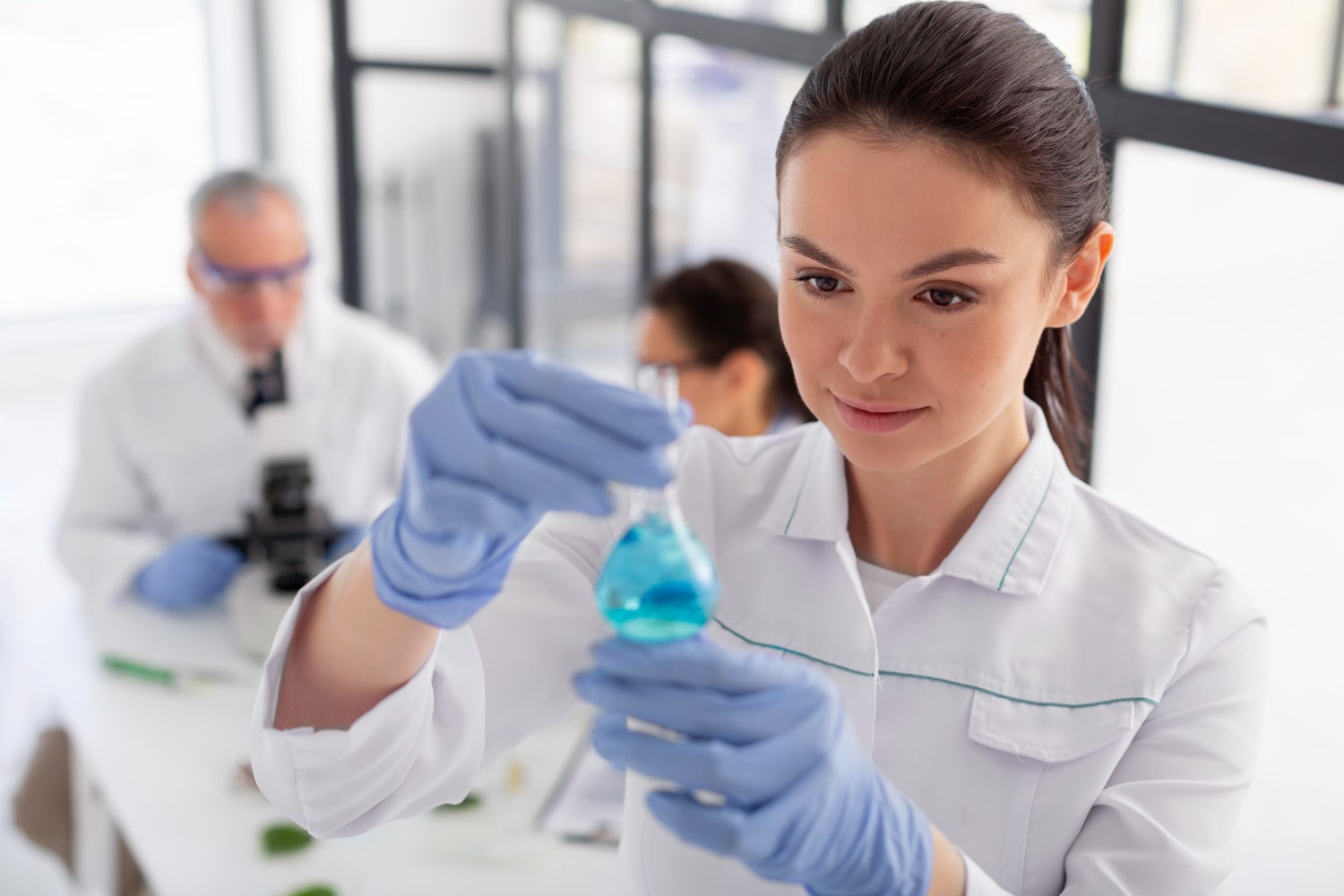Neuren Phase 2 Study Shows Pitt Hopkins Syndrome Promise
Neuren Pharmaceuticals revealed key outcomes from its Phase 2 study of NNZ-2591 in kids with Pitt Hopkins syndrome (PTHS) today. Across four efficacy measures designed to assess the essential components of PTHS, clinicians and caregivers observed statistically significant improvement from baseline. Despite having a very negative impact on patients’ and their families’ lives, there are […] The post Neuren Phase 2 Study Shows Pitt Hopkins Syndrome Promise appeared first on LifeSci Voice.

Neuren Pharmaceuticals revealed key outcomes from its Phase 2 study of NNZ-2591 in kids with Pitt Hopkins syndrome (PTHS) today. Across four efficacy measures designed to assess the essential components of PTHS, clinicians and caregivers observed statistically significant improvement from baseline. Despite having a very negative impact on patients’ and their families’ lives, there are currently no approved treatments for PTHS.
Neuren CEO Jon Pilcher expressed great excitement about the results of their first clinical trial with Pitt Hopkins patients. He underlined the underprivileged community’s pressing unmet needs and the fact that they could now move closer to creating the first licensed treatment. Pilcher also expressed his sincere gratitude to the Pitt Hopkins community and the American trial sites for their contributions to the successful conclusion of this challenging, innovative trial.
16 kids between the ages of 3 and 17 (average age of 9) from five US hospitals participated in the open-label Phase 2 trial. The safety, acceptability, pharmacokinetics, and effectiveness of NNZ-2591 were evaluated during this 13-week trial. The study involved administering NNZ-2591 as an oral liquid dose two times daily to the participants. The dose was increased gradually over the first 6 weeks to achieve the target dose of 12 mg/kg, subject to an independent safety and tolerability review.
Before beginning the 13-week treatment period, the trial involved at least 4 weeks of screening and observation to determine baseline characteristics. A follow-up assessment was conducted 2 weeks after the treatment period ended to wrap up the trial.
This initial trial’s primary objectives in regard to children with PTHS were to assess pharmacokinetics, safety, and tolerability. Secondary objectives comprised ten additional efficacious measures that have been used in other neurodevelopmental disorders but were not specifically designed for PTHS, as well as four measures that were specifically tailored for PTHS and evaluated by both clinicians and caregivers.
NNZ-2591 showed a favorable safety record. Most Treatment Emergent Adverse Events (TEAEs) were not judged to be related to the study medication, and all of them were mild to moderate in nature. No Serious TEAEs occurred, and no significant patterns emerged in laboratory values, ECGs, or other safety parameters recorded during the treatment period.
11 subjects finished the trial. One participant withdrew from the study because they were unable to fulfill the safety monitoring requirements outlined in the protocol. TEAEs caused the discontinuation of four subjects, all of which were resolved. For two of these subjects, the TEAEs (COVID-19 and minor vomiting/diarrhea/lethargy) were considered unrelated to the study drug. For the other two subjects, the TEAEs (slight constipation/abdominal discomfort/fatigue and mild sleep issues) were shown to be related to the study drug.
The average improvement from baseline showed statistical significance (Wilcoxon signed rank test p
The post Neuren Phase 2 Study Shows Pitt Hopkins Syndrome Promise appeared first on LifeSci Voice.
What's Your Reaction?

































